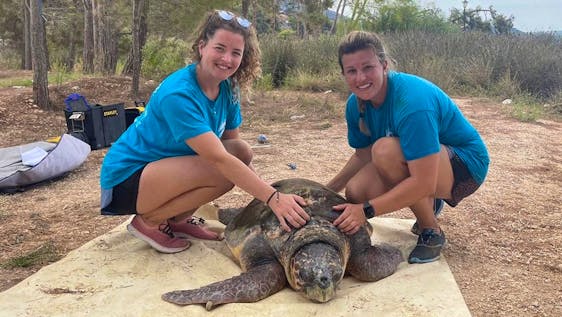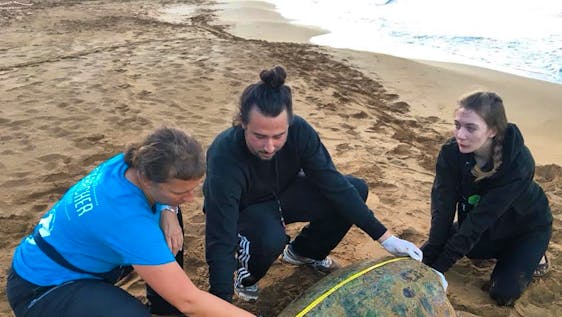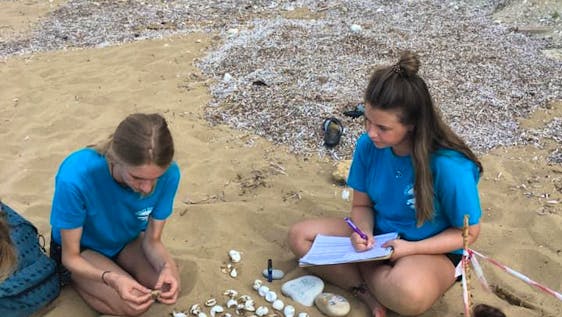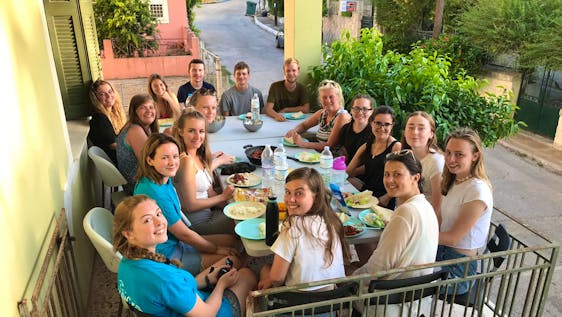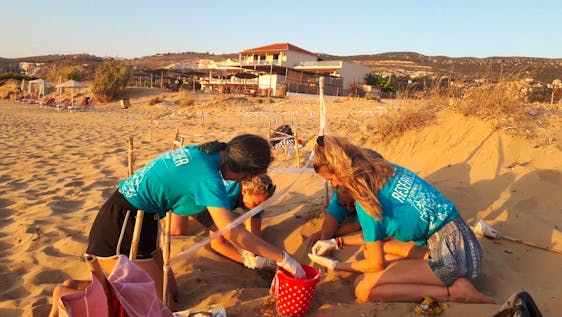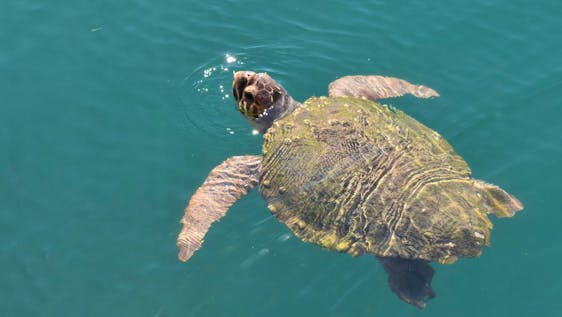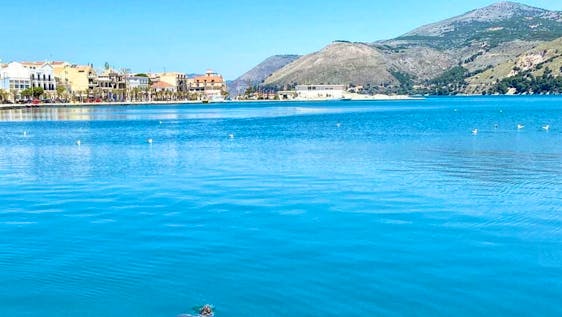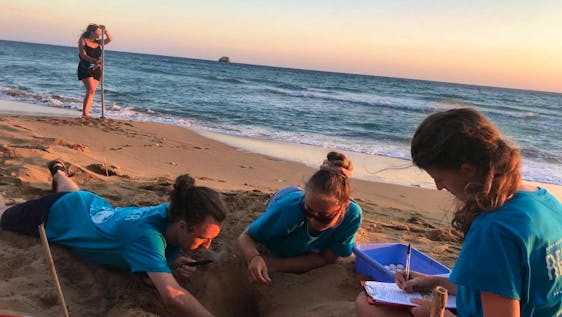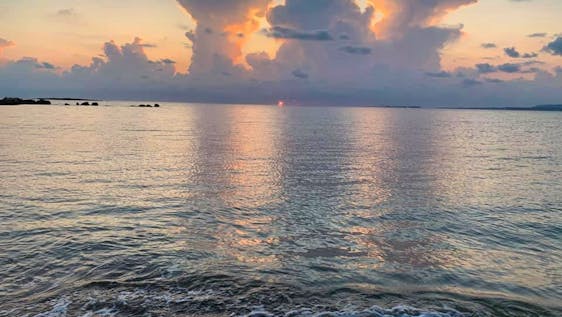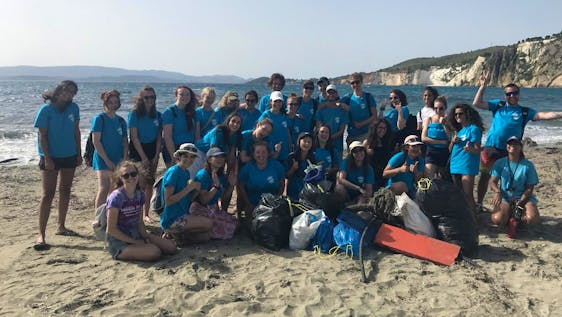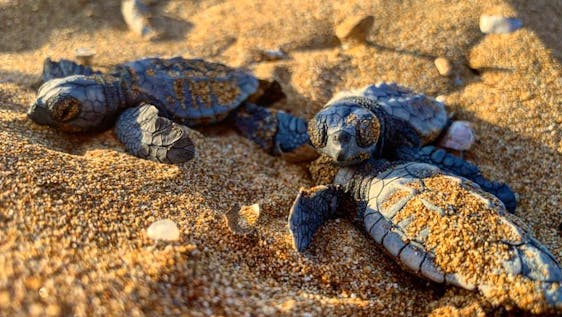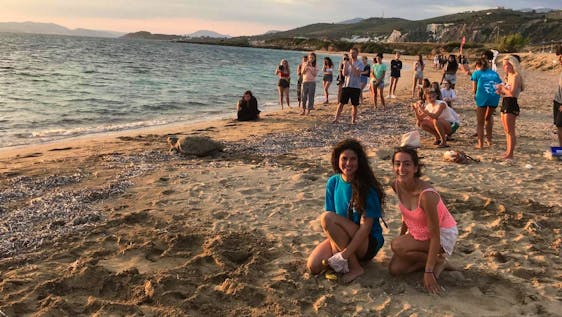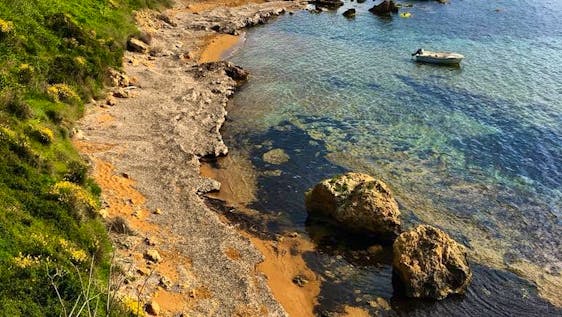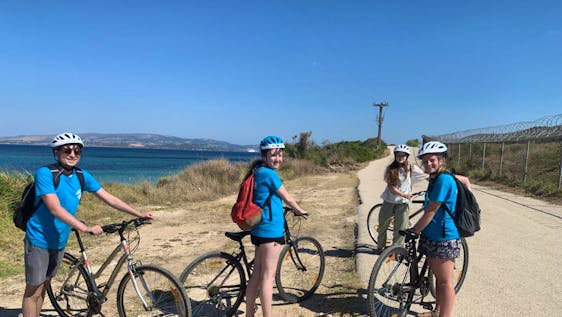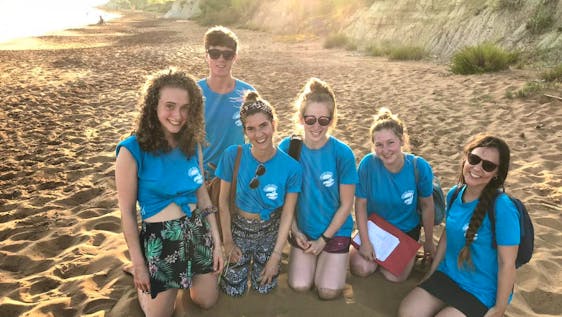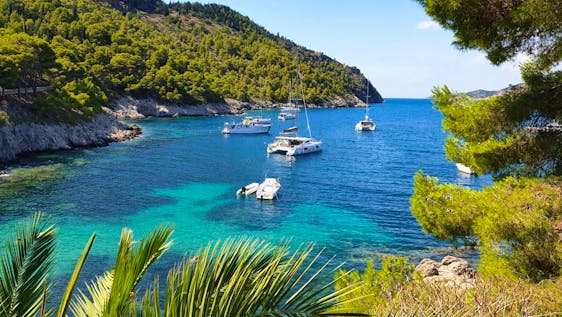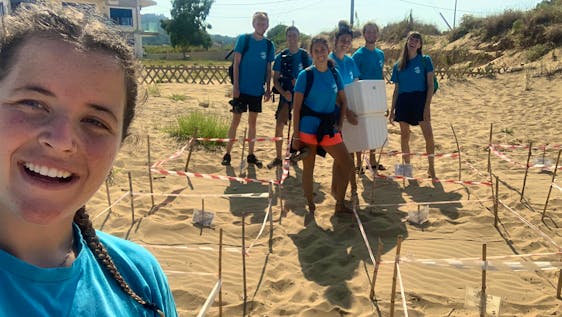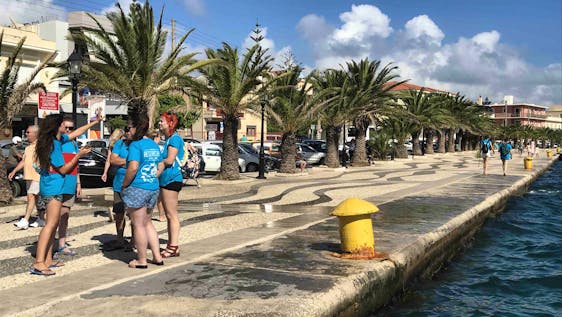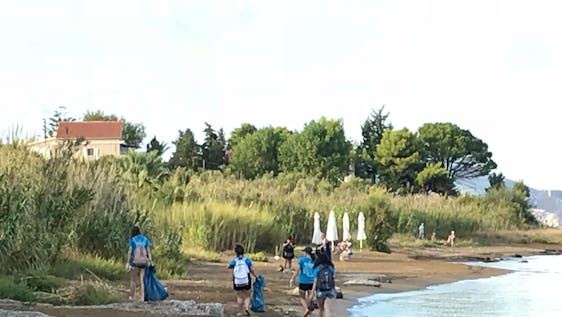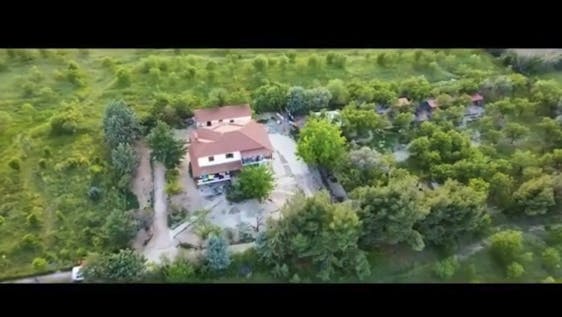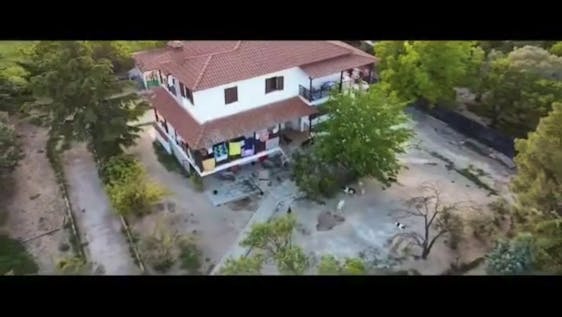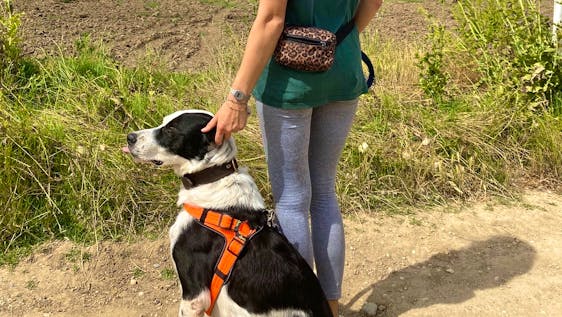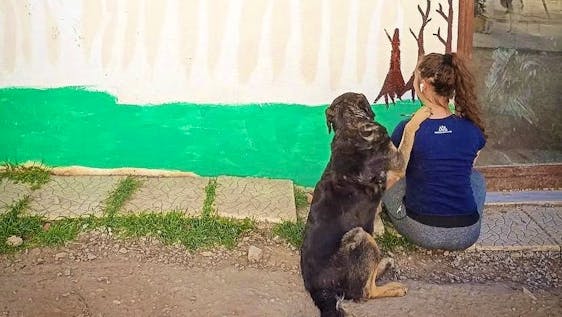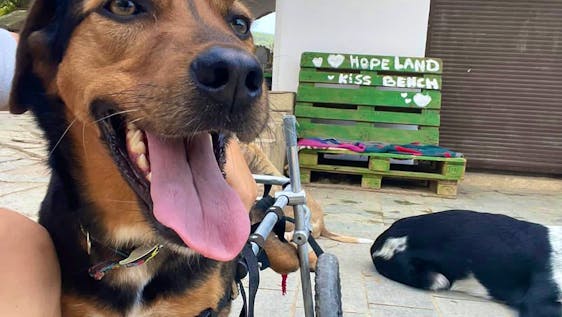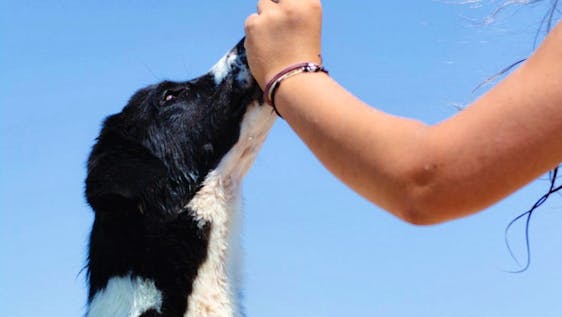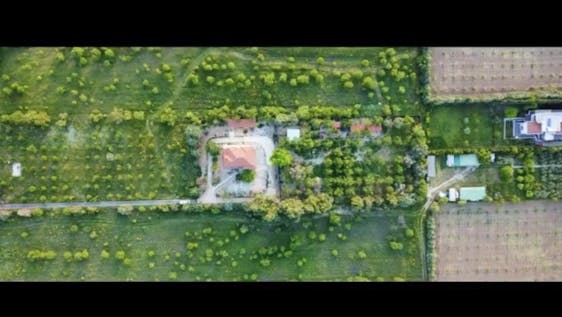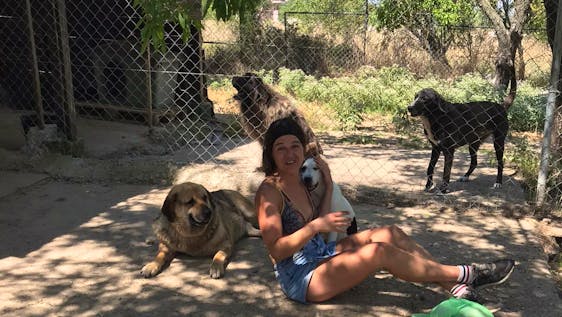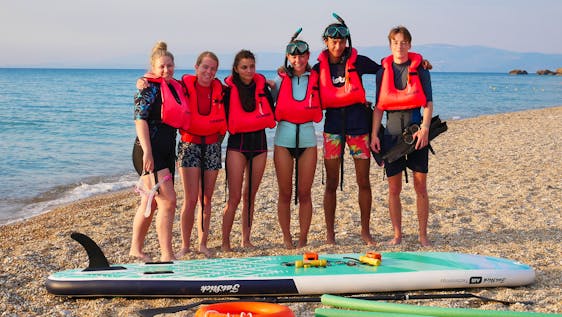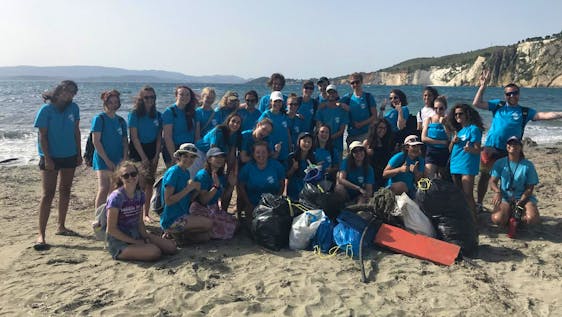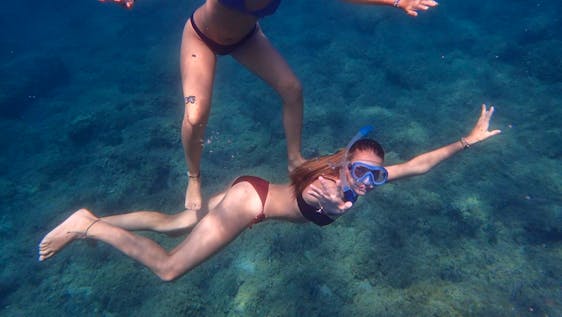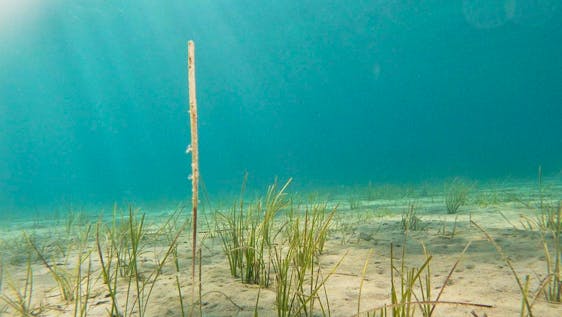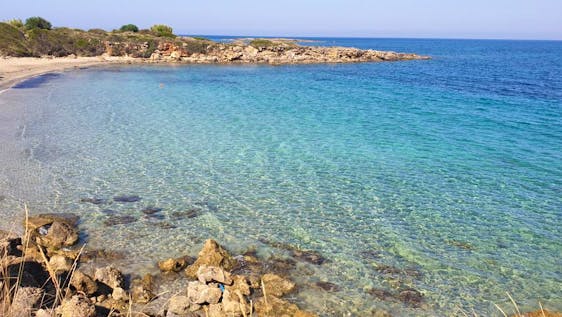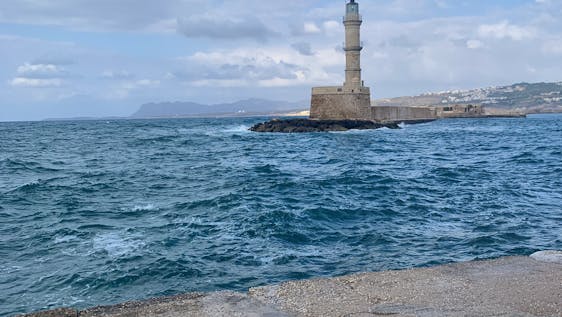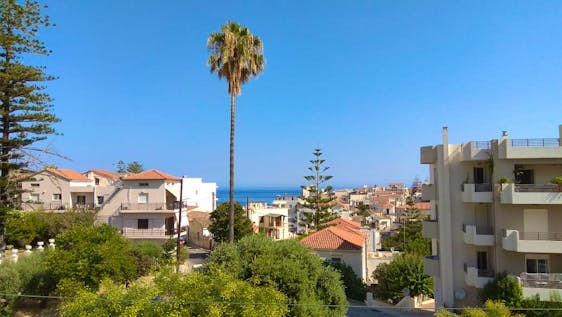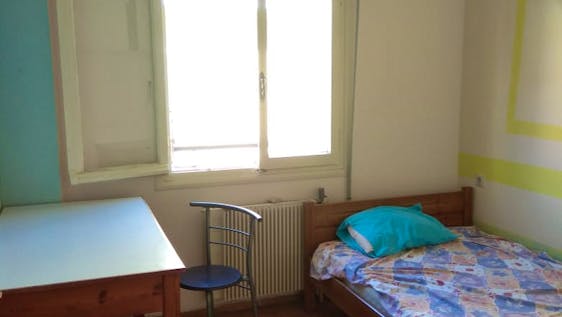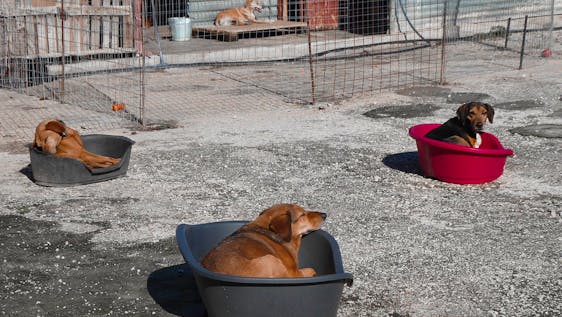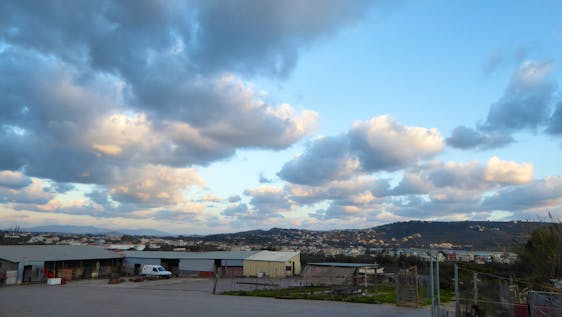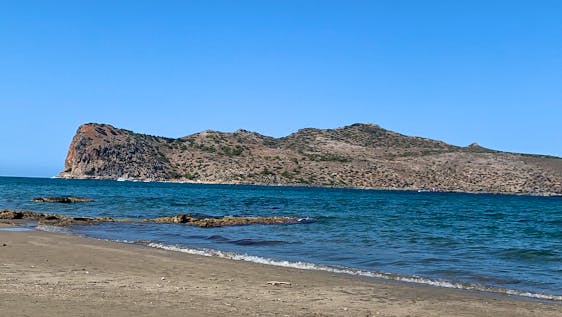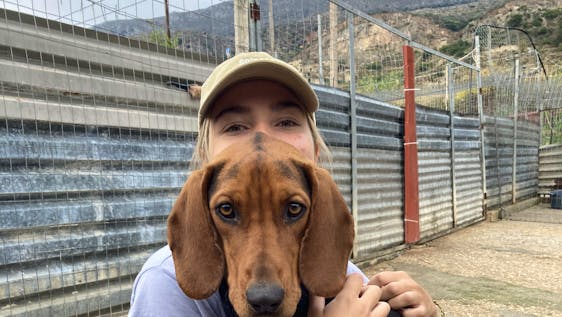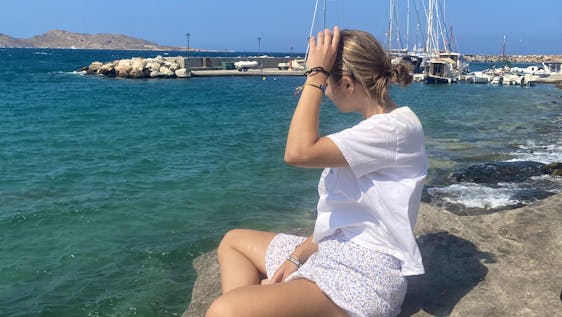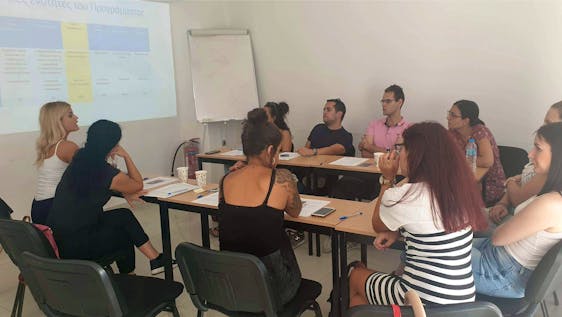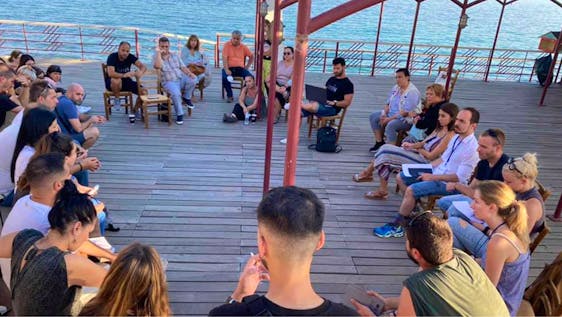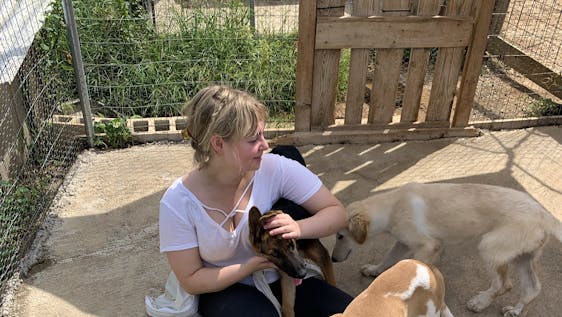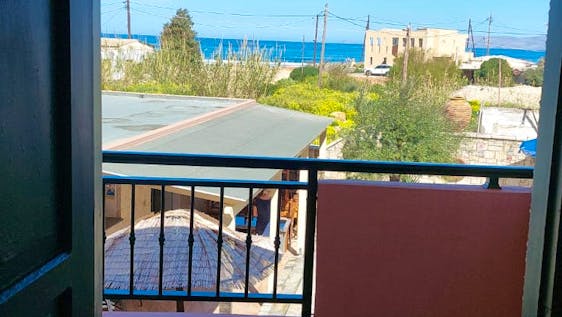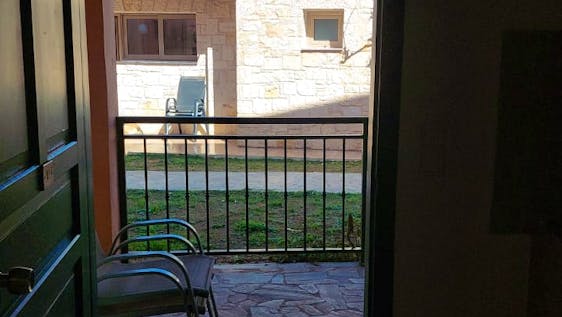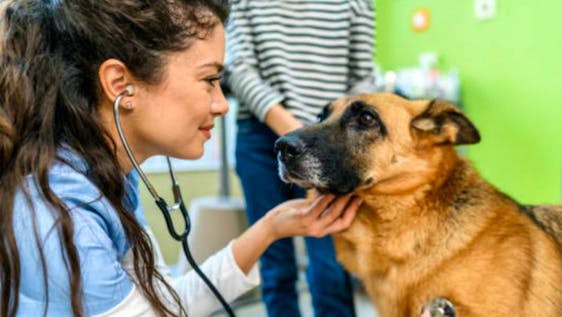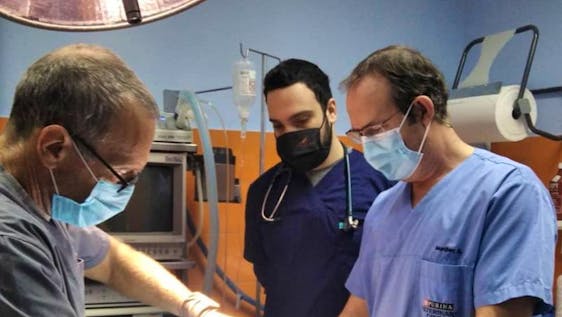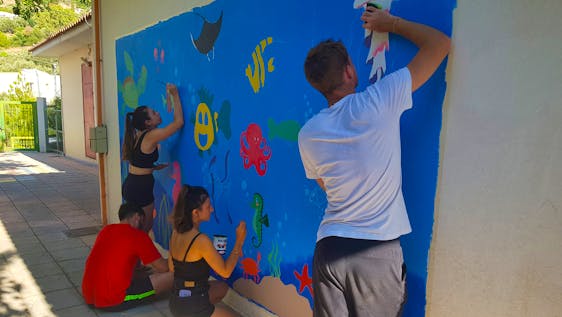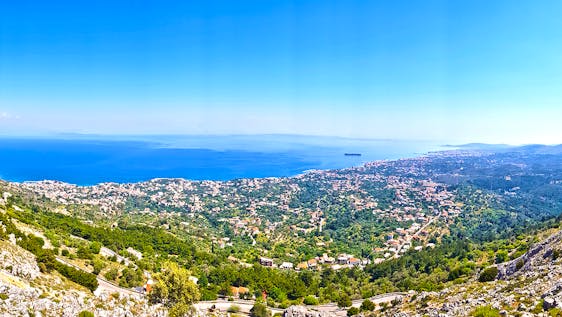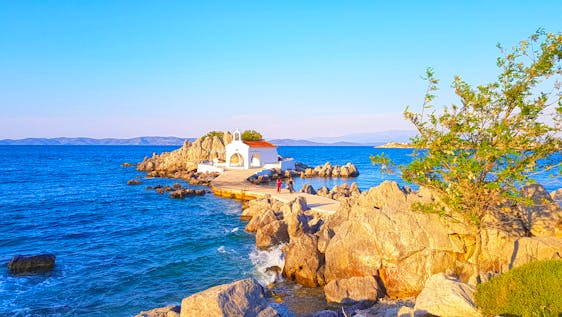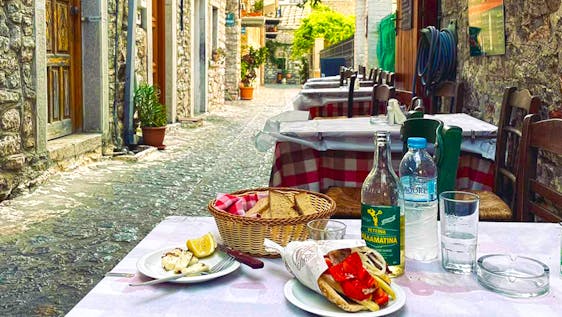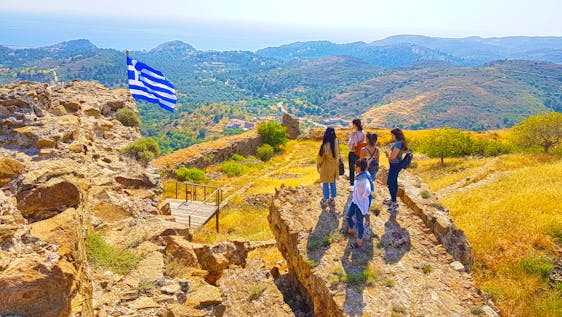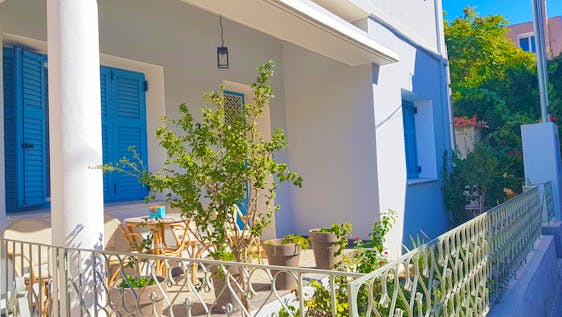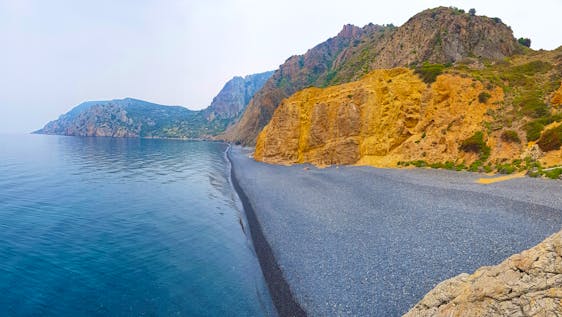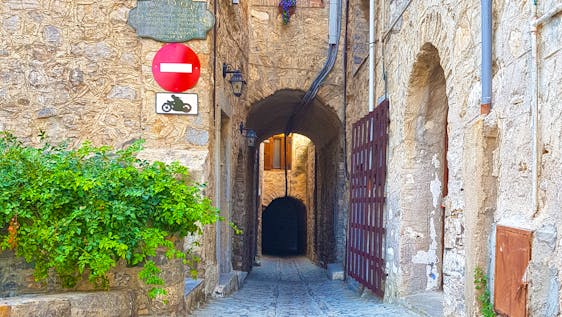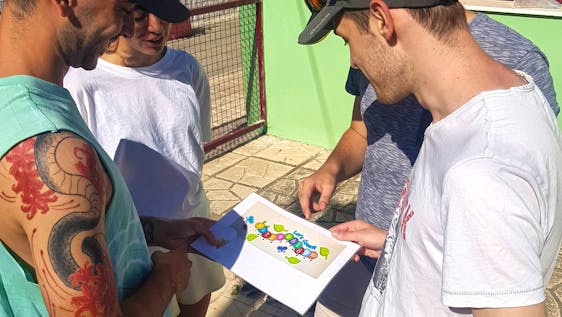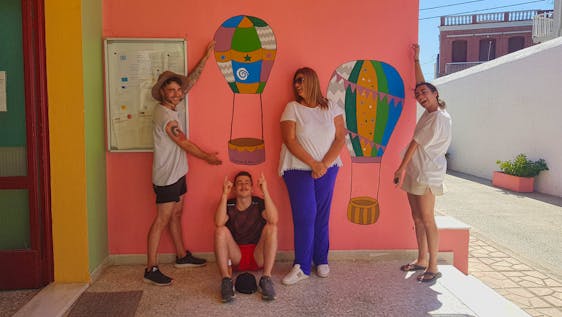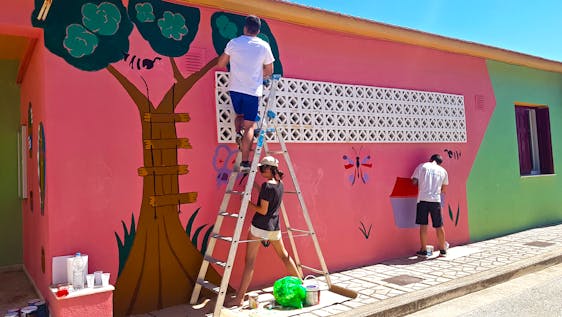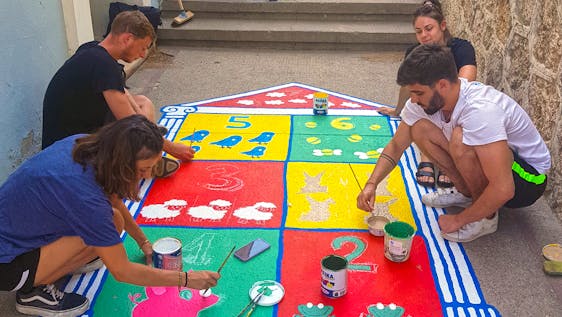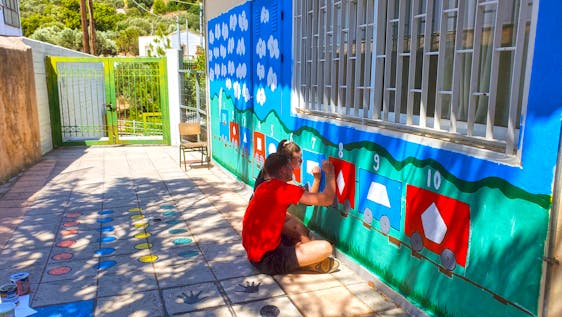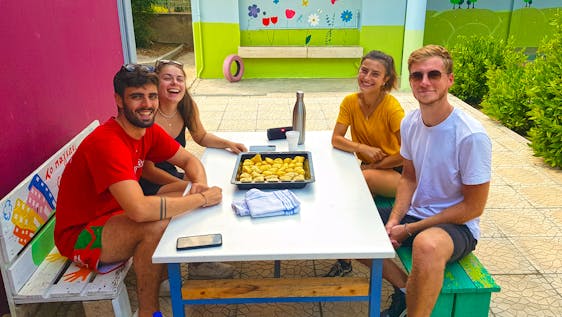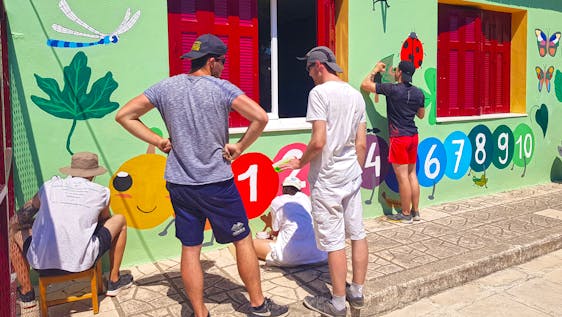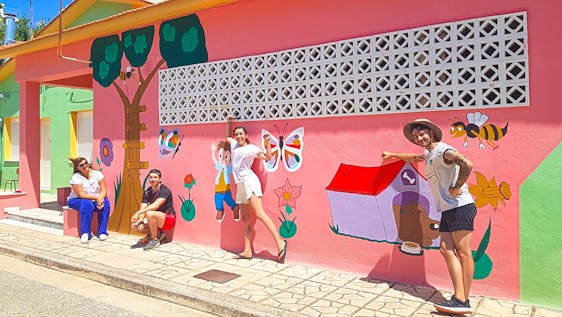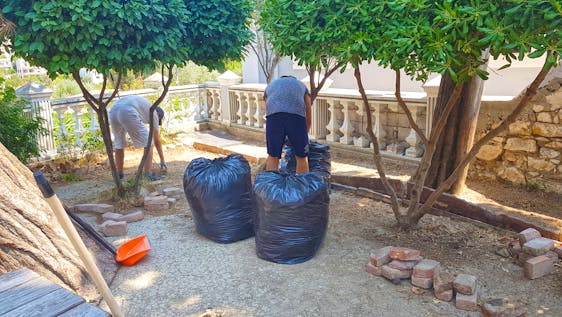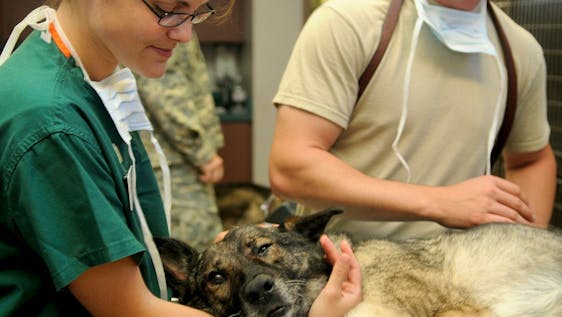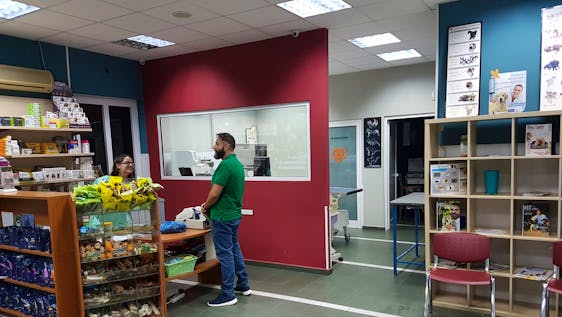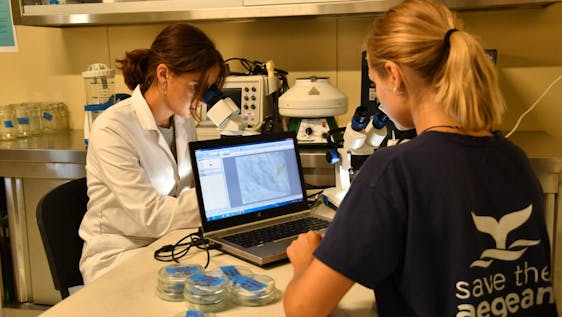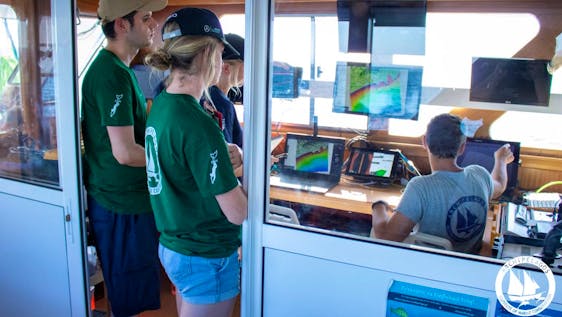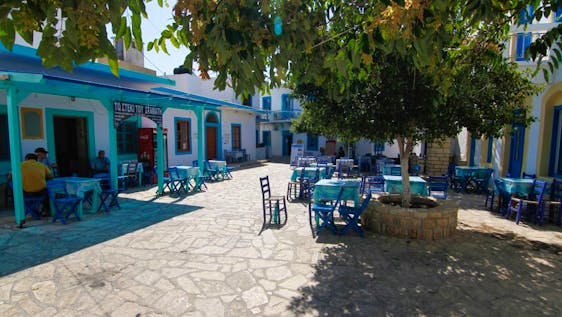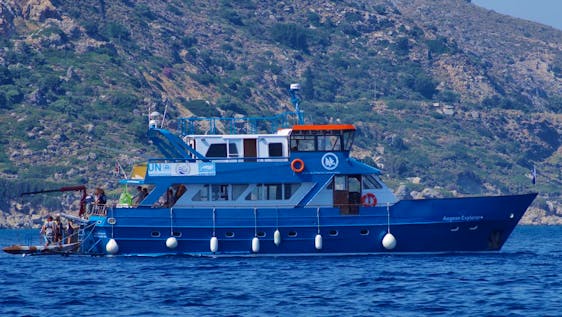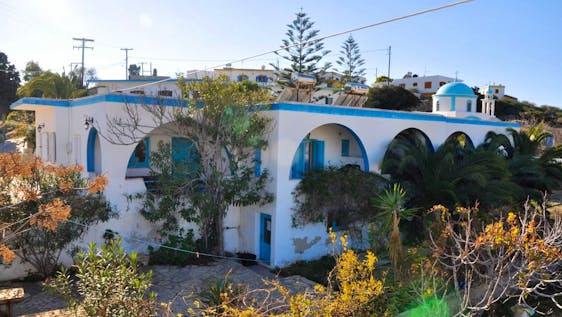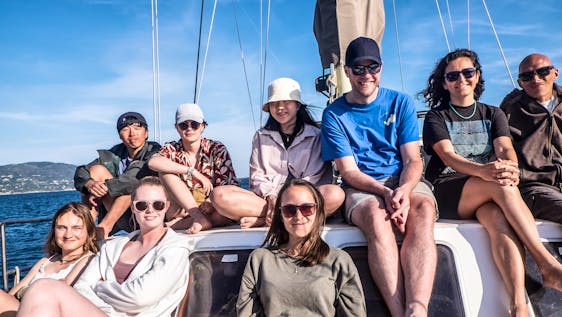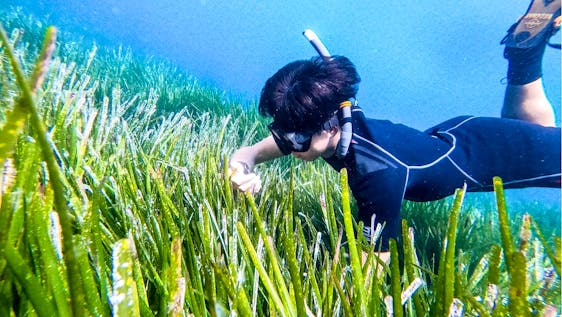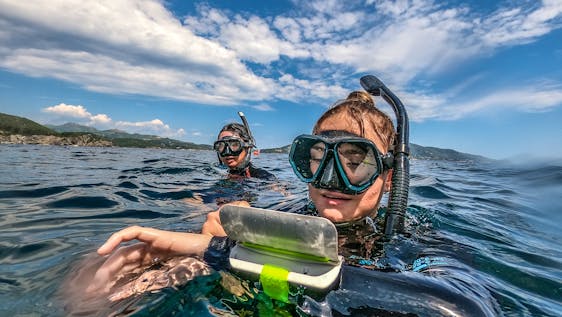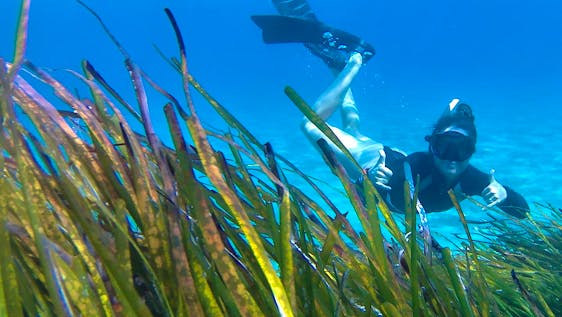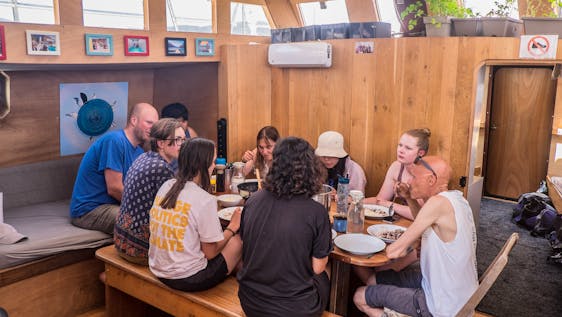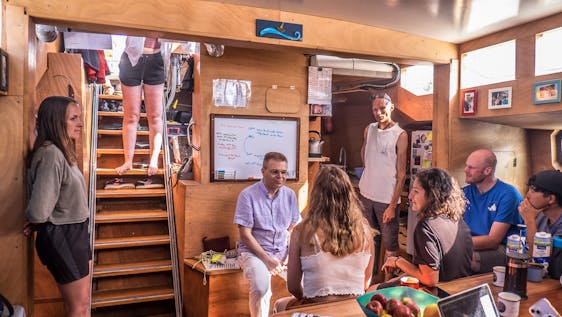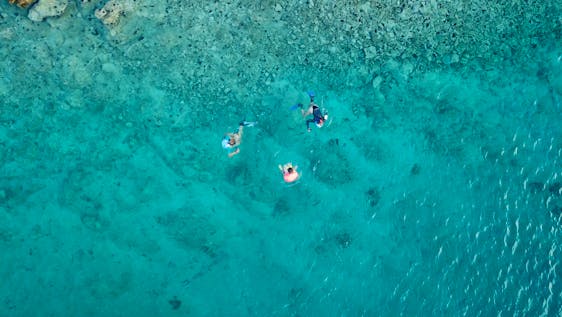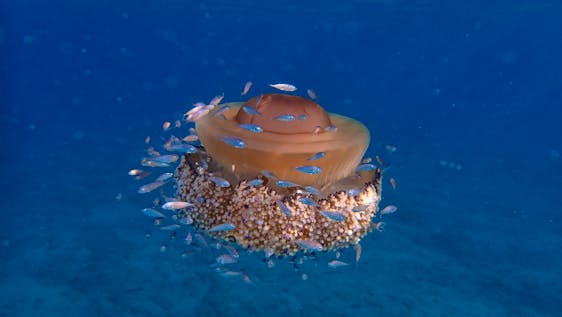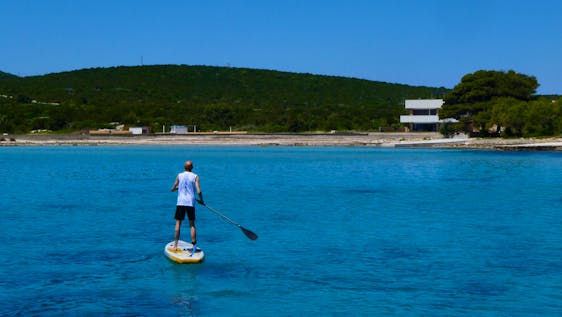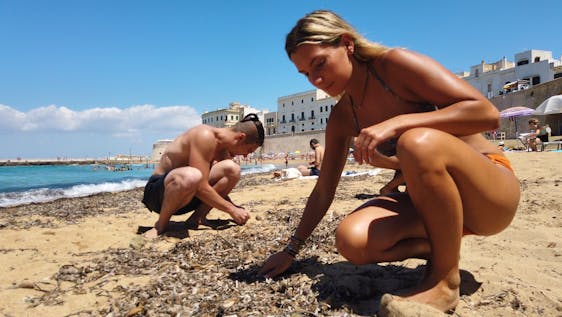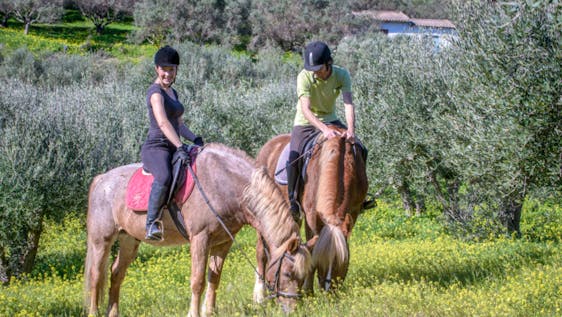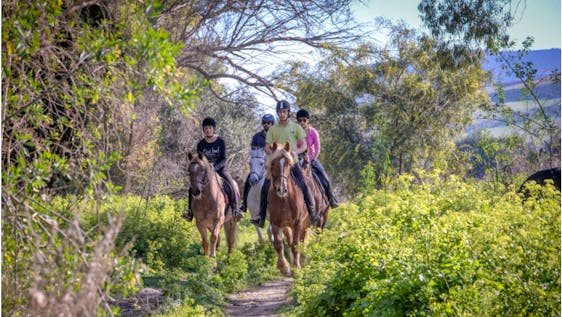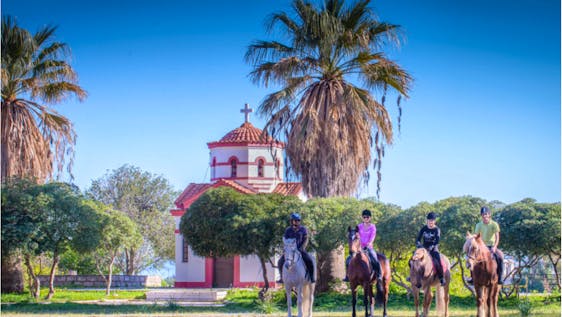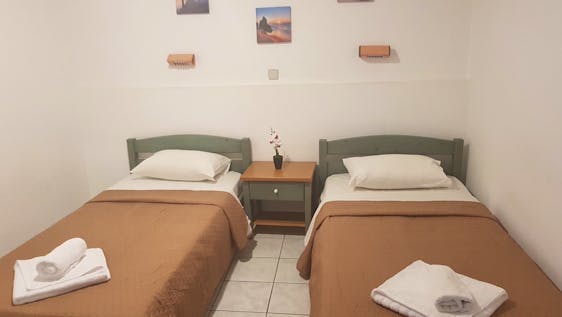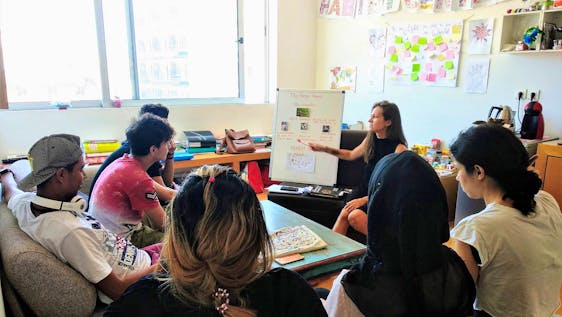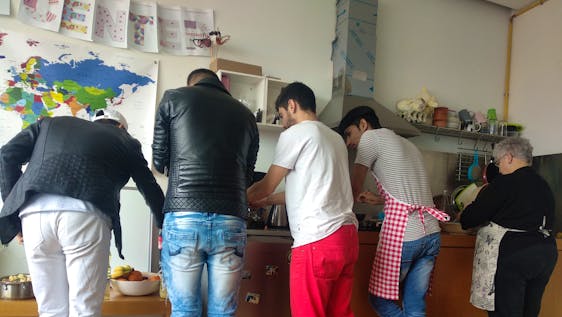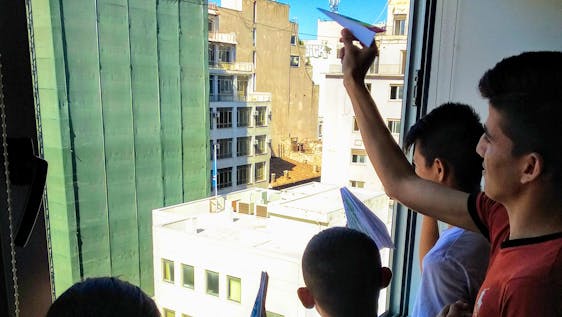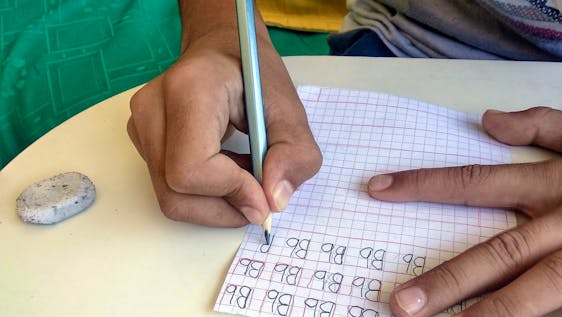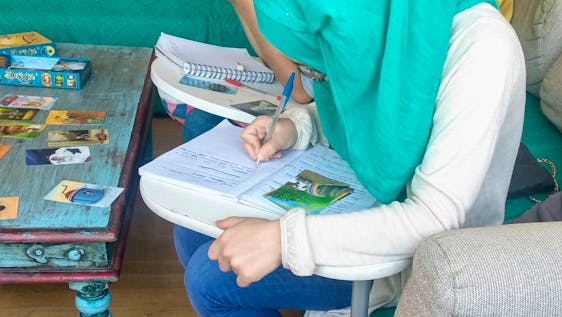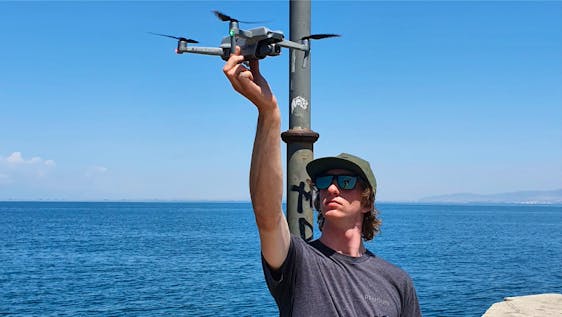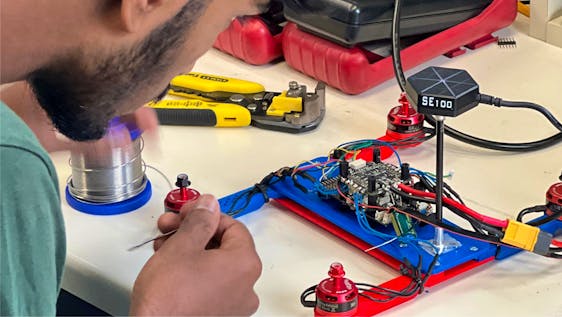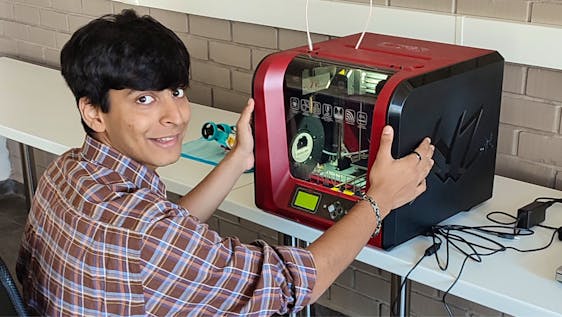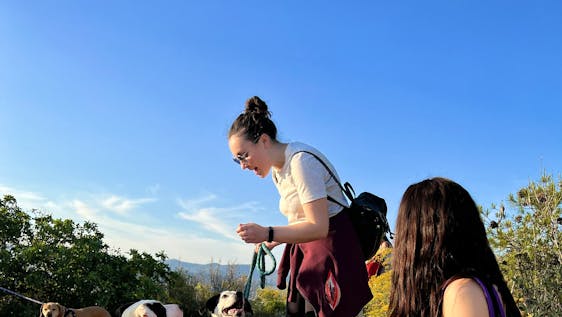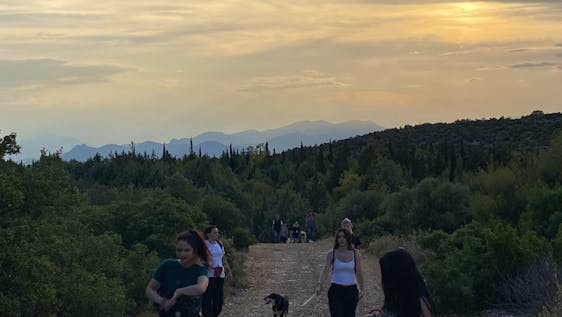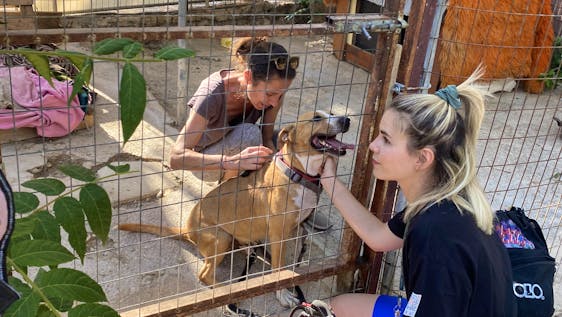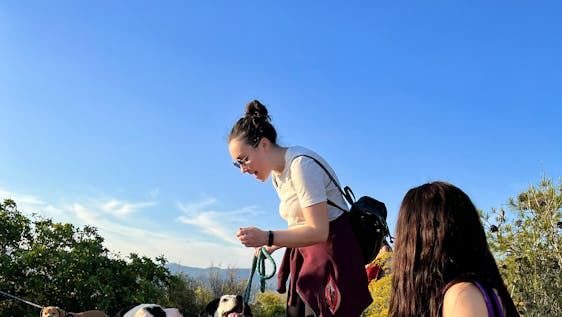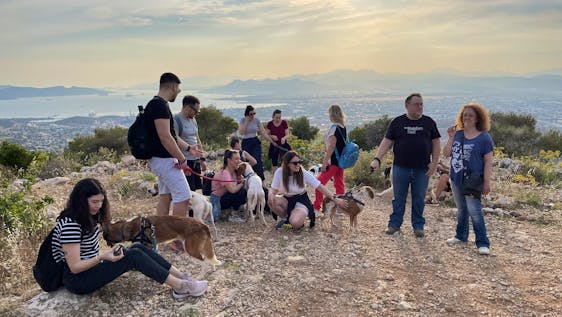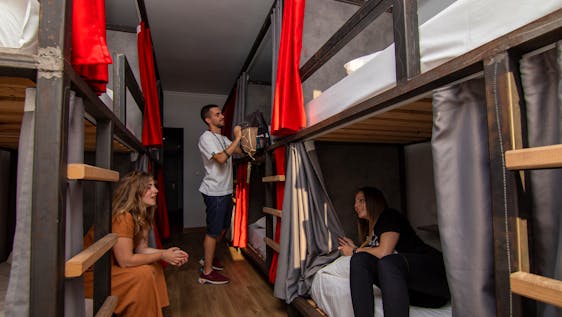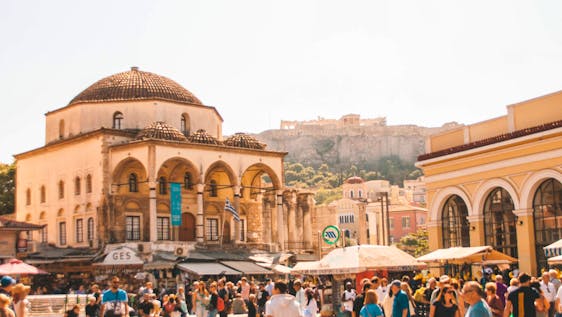Almost all Greek volunteer projects offered on the platform are focused on the conservation and support of its biodiversity and unique wildlife. Volunteers with a little time on their hands who also love nature and animals are in for a real treat. While climate change has a huge global impact, there are so many places worldwide that need help on a global scale. Contributing on a smaller scale can have a global impact. Let’s take a closer look at what you can expect during your Greek volunteer project. Volunteers can count on this being a new international experience bringing together people from all over the world to help the local Greek community.
Volunteer in Greece

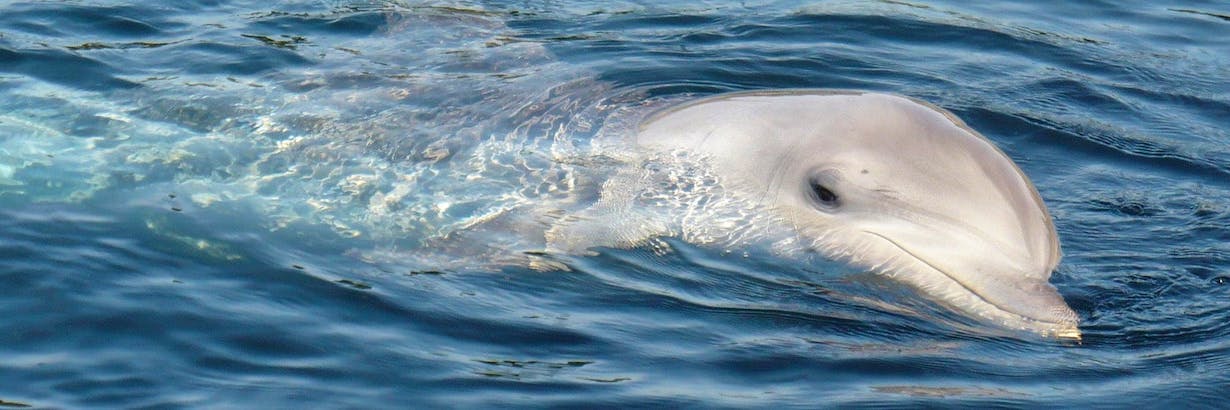
Volunteer work in Greece
Ready for blue skies, sandy beaches, and countless islands? Volunteer in Greece and experience one of the richest cultures in the world. Volunteer to protect the unique diversity of this archipelago and indulge in its beauty while you’re at it. Sunny skies and crystal waters are guaranteed if you decide to embark on a volunteer adventure in this Mediterranean gem. Admire dolphins, whales and sea turtles in the Aegean sea and discover this touristic hotspot from a different angle. Donate some of your precious time and support a conservation project which will help protect this hotspot which oozes nature and culture. Volunteers, what are you waiting for?
Where help is needed most
Greece has a unique ecosystem boasting with some of the rarest plants and animals this planet has to offer. Without active conservation efforts, we are sure to lose these natural treasures over time which is why we rely on conservation volunteers like yourself to contribute to protecting this natural beauty.
Greece has a unique ecosystem boasting some of the rarest plants and animals our planet has to offer. Without global conservation efforts, we are sure to lose these natural treasures over time. This is why we rely on conservation volunteers like yourself to support the conservation projects and work to protect this natural beauty.
Before we continue, let’s take a closer look at some interesting facts about Greece which you may or may not have heard of before:
- Greece has over 2000 islands. Only 170 are populated.
- There are no retirement homes in Greece because grandparents live with their children.
- 98% of the population is still Ethnic Greek.
- 40% of the Greek population lives in Athens.
- It is one of the leading producers of olives. Some trees were planted in the 13th century and are still producing olives!
Conservation
Eco-conservation
Contribute as an eco-conservation volunteer in Greece and work to support endangered marine species like dolphins, whales, sea turtles. If you prefer a more landlocked experience, you can help with conserving jackals or chameleons.
Volunteers interested in research can take this opportunity to dig a little deeper into the ecosystem of the Aegean sea. Discover the importance of seagrass, the impact of microplastic on Mediterranean sea life or investigate which invasive species are affecting the local ones. Here are some of the responsibilities you may have while volunteering for a local conservation program in Greece:
- Habitat restoration
- Spreading environmental awareness
- Sustainable ecosystem management
- Monitoring of species
- Photo identification
- Fieldwork involving snorkeling, kayaking or diving
- Data collection
- Creating GIS maps
- Labwork
- Office work
- Literature research
Graphic Designers and Communications
Nature lover volunteers with a creative streak can also volunteer as graphic designers for one of the organizations. The options seem endless because volunteers can also support the conservation of the Greek archipelago by volunteering for media and public relations. Attract international support for the project through global media.
Everyone will find something they can contribute to, it’s simply a matter of taking a look at the different volunteering options available in this Mediterranean paradise.
Cost of living abroad
The suggested daily budget for living in Greece as a volunteer is between US$ 48 and US$110. This is an estimate made considering the local average price of some of the services you might need and things you might want to buy. It gives you a general overview of how much things cost in this country, so you can be prepared and save the money you will need.
Additional costs you should consider will be:
- program fees
- flight tickets (find cheap flights to Greece)
- travel insurance (find your travel insurance)
- fees for your visa
- personal expenses
Good to know before you volunteer abroad in Greece
Before starting to volunteer in Greece, there are a few things you should think about first. That being said, Greece is generally a safe place to travel with a low crime rate, few endemic diseases, and a great healthcare system. The following points might help you with your planning and also whilst you are on site:
Communication
Before embarking on this once and a lifetime trip, there are a few items you may want to take into account. Traveling always holds some adventure but your safety is imperative to enjoy it to the fullest:
- A very common gesture you will definitely see in Greece is moutza: hand extended, five fingers open. This is a very rude gesture to show disapproval and frequently used by local drivers. Don’t use it, Greek people consider it very offensive.
- Although most Greek people are polite, you may encounter some rude ones. Don’t take it personally. It’s possible waiters will not serve you with a smile.
- Local Greek people will not offer help unless you ask for it. Their philosophy is to keep to themselves and they expect tourists to do this as well.
Money and Payment
- Credit cards will be accepted in most big stores but local taverns will most likely only accept cash.
- ATM’s are widely available on the mainland and larger islands. Remote places may lack a bank and an ATM so be sure to check whether your destination has one and whether you need to bring more cash.
Safety & precautions for volunteers
Before embarking on an international volunteer experience, there are a few items you may want to take into account. International travel always holds some adventure but your safety is imperative to enjoy it to the fullest:
- Make sure you have international travel insurance for the time you are away. This is easy to come by and will ensure you are covered when anything happens to you while you travel.
- Take copies of your passport and credit cards and store them separately just in case.
- Although the crime rate has been increasing over the last years, Greece is still a very safe country. Except for some neighborhoods in Athens, like Omonoia, where it would be preferable not to walk alone at night, the whole country is safe. Crime in smaller cities and villages is almost nonexistent.
- The only crime you might experience (mostly in large cities) is theft in crowded places or on public transport. Pay attention to your wallet, especially in the buses or trains, and do not leave it exposed.
- Using or selling drugs is strictly prohibited in Greece. The country has some of the strictest drug laws in Europe. You are prohibited to use even light drugs, like marijuana. Tourists do not form exceptions in the application of these drug laws.
- Pay attention when you cross a street because car drivers seem to totally ignore pedestrian signs. Do not expect them to slow down when you cross the street.
- In case of emergencies, dial 100 for police and 166 for hospital care.
- Avoid hitchhiking and accepting rides from strangers.
- Carry a basic first aid kit in case of emergencies.
- Avoid carrying large amounts of cash or expensive jewelry.
- Don’t leave your luggage or other personal belongings unattended.
- The weather can be extreme so be sure to pack the right gear for all weather types. Sunblock for sunny weather but proper rain gear and shoes in case you will be out hiking.
- When you go hiking, always inform someone about your whereabouts before leaving.
- Very few beaches in Greece have lifeguards, so pay attention when you swim. The Greek sea is not dangerous but you never know. Better go where the locals go, just to avoid any water wells, urchins or jellyfish.
Health advice
Greece is a developed country with excellent facilities, so health is less of a concern here than when traveling to developing countries. Nevertheless, to make your stay at the volunteer program enjoyable, take into account the following:
- There are three types of hospitals in Greece: large hospitals with all the proper equipment, small hospitals in the country towns and some islands and medical centers for even smaller or remote areas. If a patient needs special care on an island where there is no hospital, then he is transferred by helicopter to the nearest hospital. There are, of course, private doctors in Greece who offer high-quality services and speak excellent English, so it is very easy to communicate. Private doctors usually work only in the afternoon.
- Definitely protect yourself against the strong sun when you go, as most of your volunteer work in Greece will be outdoors!
- Make sure you bring suitable rain gear and a windproof jacket if you are volunteering in autumn or early spring.
- If you have any health problems or take medication, be sure to bring the medication along with the prescription with you. The prescription can be important when passing through customs.
Packing essentials
After reading all of the above, we’re sure you’re ready to pack your bags to volunteer abroad for an international program in Greece. Before you stuff your backpack with swimwear, shorts, and sunglasses, we’d like to help you by providing some useful tips you may not have thought of before you travel:
- Travel Insurance
- Money, cards, credit cards
- Passport
- Power adapter suitable for Greece (220V) (perhaps more than 1 if you’re heavy on electronics)
- Waterproof phone case to protect against dust, scratches, and water
- Water shoes for spending time at or around the beach
- Personal medication, first-aid kit
- Sun hat
- Raincoat
- Scarf
- Quick-dry towels
- Suitable footwear for hiking etc
Requirements & qualifications
As you will have noticed by now, there is a variety of projects that expect different skills and abilities from their volunteers. Some will require volunteers to stay for a certain amount of time for example. While you can find out the specific requirements for each project on their program page, here are some general requirements apply to most projects while you participate in an international project in Greece:
- You need to be at least 18 years old for most of the volunteer projects. When in doubt, we advise you to get in contact with the local project manager, as in some projects you can also volunteer when you're 16 years old.
- You need to have basic English skills to do volunteer work in Greece.
- Depending on the project you're interested in, you might need to provide a criminal background check and a health declaration before volunteering.
Visa regulations to volunteer in Greece
You have made it to the last section of this guide, which is another really important aspect while planning your trip: getting your volunteer visa for Greece.
Please consider that the following information is based on a best practice approach, which has been made according to the best of our knowledge and in cooperation with several volunteer organizations. That’s why you should please make sure to discuss your visa requirements with your contact person at Volunteer World. If in doubt, we also recommend getting in touch with the Greek embassy in your country.
General immigration information
There are some general requirements volunteers should comply upon their arrival in Greece:
- Please check the current validity of your passport. The passport should remain valid for at least 3 months after your expected return date. However, we strongly recommend traveling with 6 months validity on your passport at all times. If you’re from the EU, the same applies for you ID.
- Make sure your passport has at least two blank Visa pages. Greece requires you to have adequate unused pages in your passport, allowing for any necessary stamps upon arrival and departure.
- Please check if a transit visa is required for any connections.
- Make sure to have of a valid return ticket for your travel home.
Best practice for short-term volunteers
People from visa waiver countries that want to volunteer abroad in Greece can visit the country for periods up till 3 months without applying for a visa beforehand. You will need to prove you are visitor by having a return ticket and also prove that you have sufficient money for your stay.
Citizens from countries that are not on the visa waiver list can apply for a visitor visa and will need to arrange this before leaving for Greece. You can easily check if you come from a visa waiver country on Greece's immigration website.
Best practice for long-term volunteers
If you have plans to stay longer than 3 months if you are from a non-Schengen country, it is best to look into the visa options together with your volunteer organization. This website about Greek visa requirements may prove to be helpful.
 Hotspots
Hotspots
 Animal
Animal
 Sea Turtle Conservation
Sea Turtle Conservation
 Marine Life
Marine Life
 Activities
Activities
 Loggerhead Turtle
Loggerhead Turtle
 Kefalonia
Kefalonia
 Scouts
Scouts
 Street Animals
Street Animals
 Animal Shelter
Animal Shelter
 Dog
Dog
 Athens
Athens
 Intern Abroad
Intern Abroad
 Medical Training
Medical Training
 Healthcare
Healthcare
 Crete
Crete
 Leatherback Turtle
Leatherback Turtle
 Premium
Premium
 Veterinary Training
Veterinary Training
 Community
Community
 Chios
Chios
 Construction
Construction
 Psychology Internship
Psychology Internship
 Eagle
Eagle
 Giraffe Conservation
Giraffe Conservation
 Bird Conservation
Bird Conservation
 African Leopard
African Leopard
 Leopard Conservation
Leopard Conservation
 Waste Reduction
Waste Reduction
 Dolphin Conservation
Dolphin Conservation
 Nursing Internship
Nursing Internship
 Building Schools
Building Schools
 Education
Education
 Bottlenose Dolphin
Bottlenose Dolphin
 Ocean Cleaning
Ocean Cleaning
 Diving
Diving
 Whale Conservation
Whale Conservation
 Beach Cleaning
Beach Cleaning
 Snorkeling
Snorkeling
 Physical Therapy Internship
Physical Therapy Internship
 Horse
Horse
 Primary School
Primary School
 Wildlife Conservation
Wildlife Conservation
 Refugees
Refugees
 English Teaching
English Teaching
 Cats
Cats
 Environment
Environment
 Energy and Water
Energy and Water
 Social Work
Social Work
 NGO Support
NGO Support
 Business Development
Business Development
 Childcare
Childcare
 Horse Sanctuary
Horse Sanctuary
 Animal Sanctuary
Animal Sanctuary
 Culture and Arts
Culture and Arts
 Conservation Work
Conservation Work
 Plastic Reduction
Plastic Reduction
 Marketing and IT
Marketing and IT
 Special Needs
Special Needs
 Agriculture
Agriculture
 Dental Internship
Dental Internship
 Sports
Sports
 Marine Conservation
Marine Conservation
 NGO Management
NGO Management
 Vegan
Vegan
 Photography Internship
Photography Internship
 Diving certificate
Diving certificate
